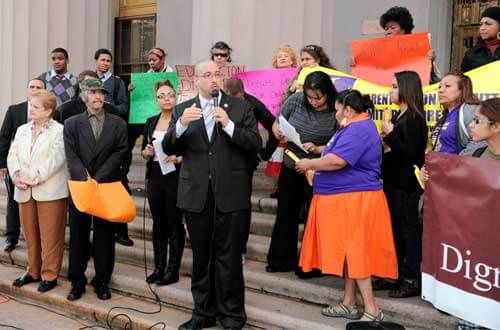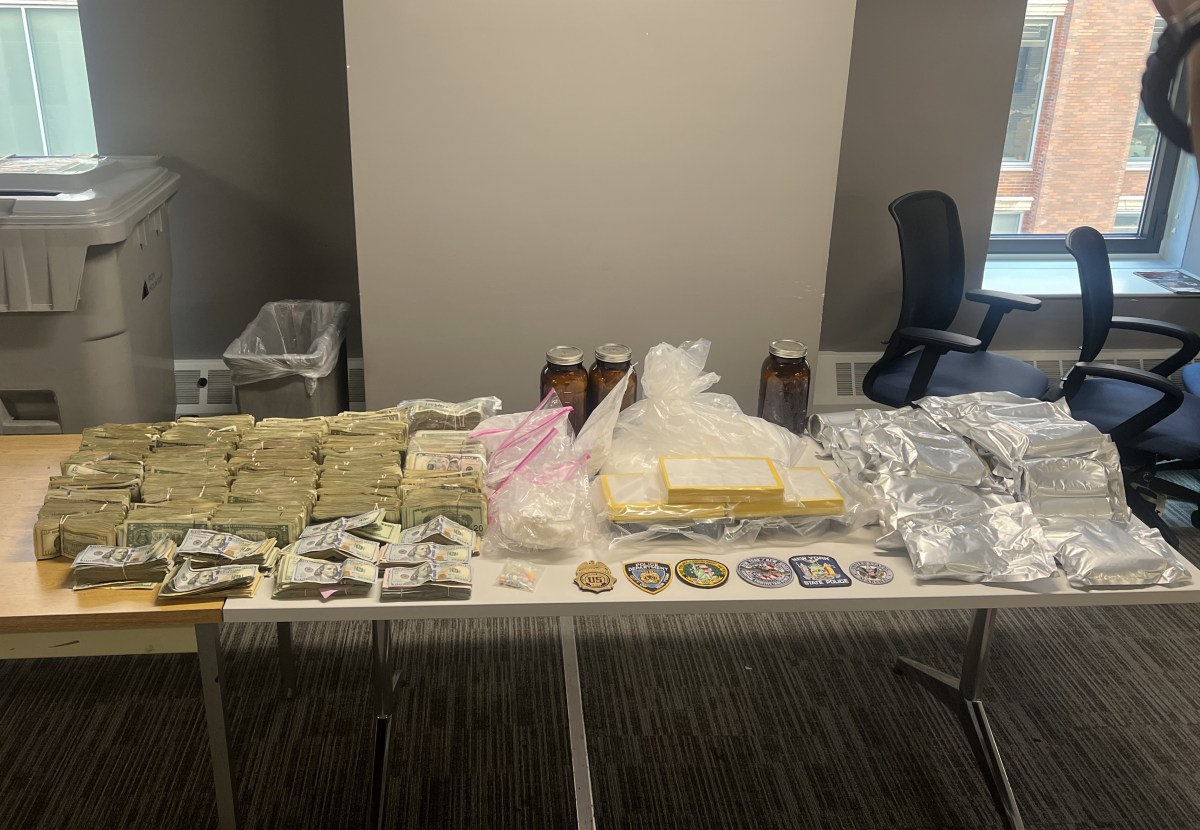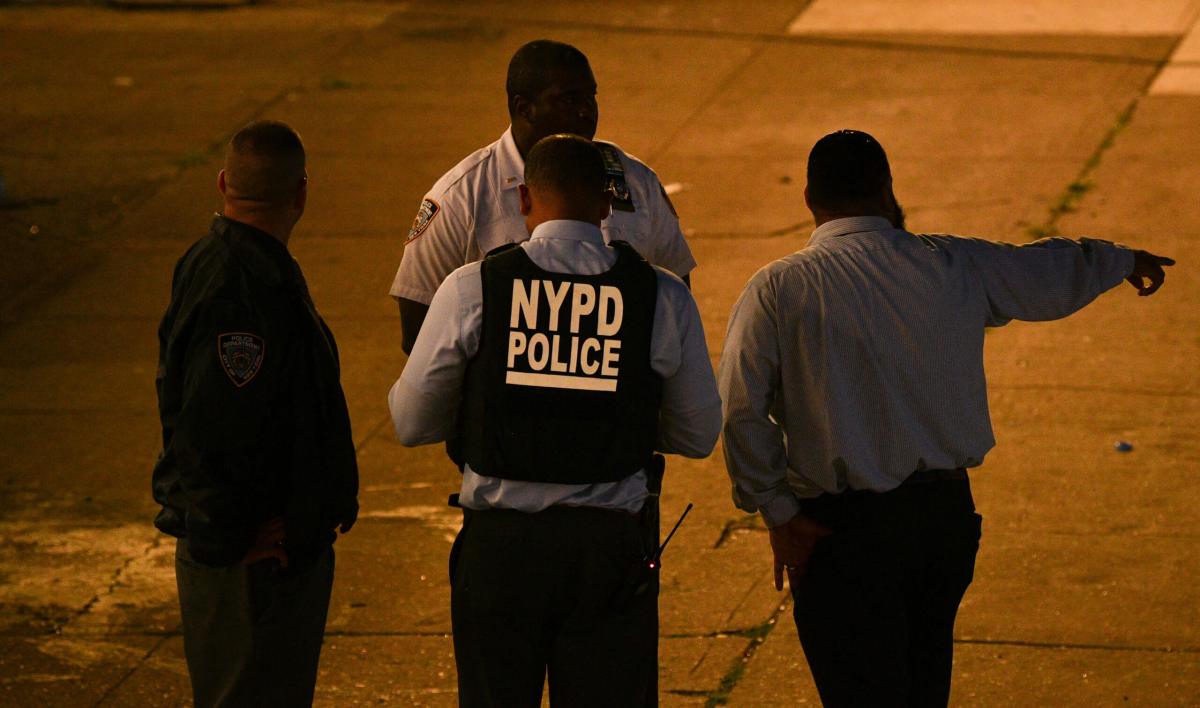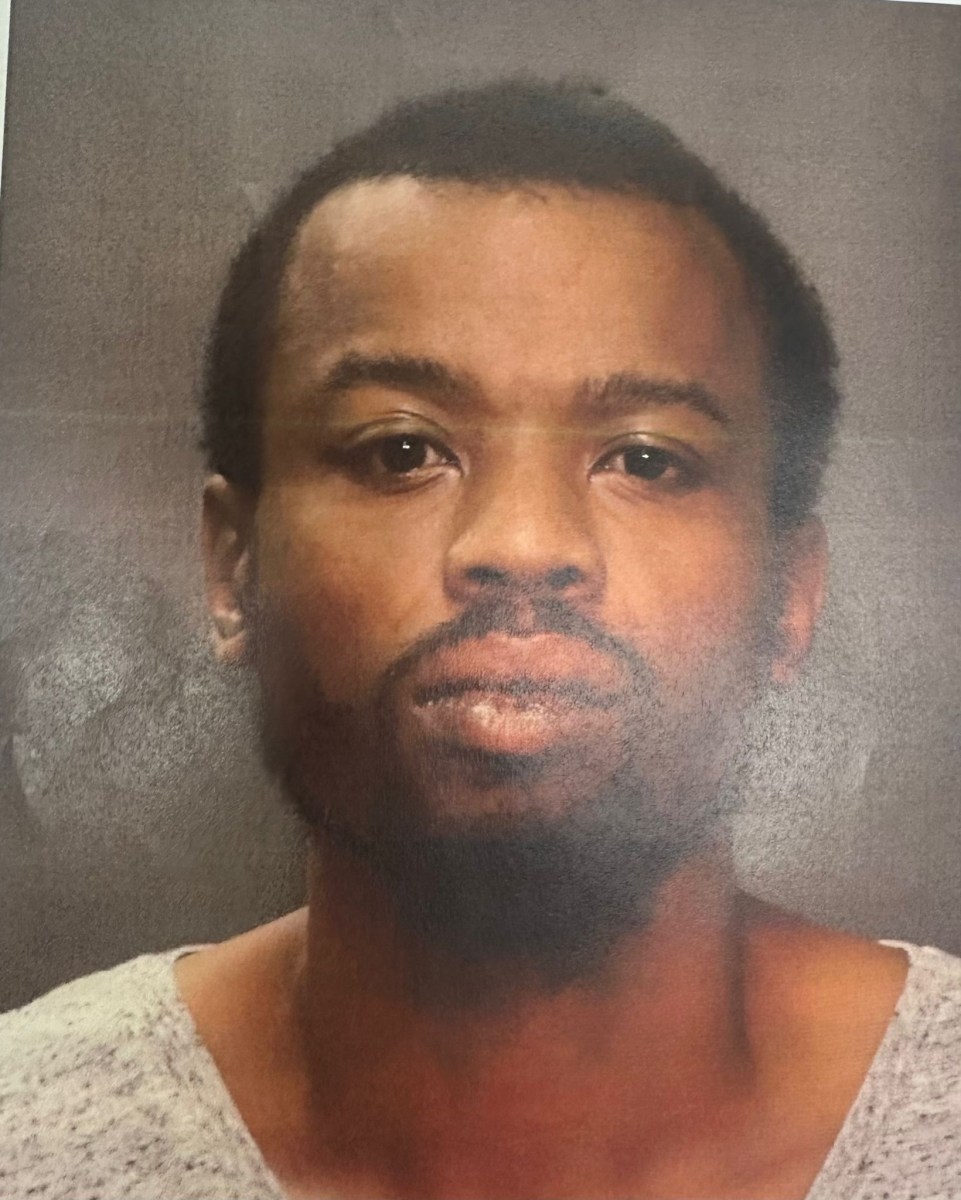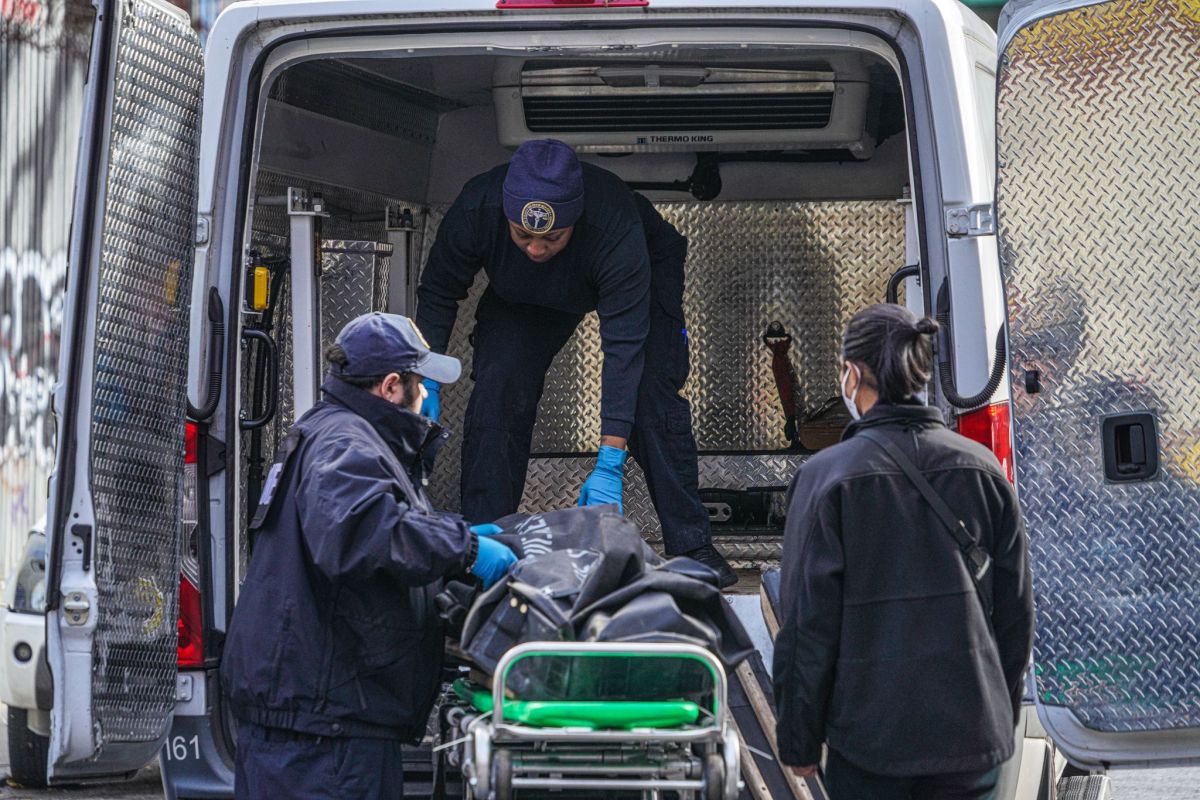Members of the New Settlement Parents Action, founded to fight for educational justice in New York City, banded together with 100 parents, students and elected officials on the steps of the Bronx Borough President’s office to express their outrage over the Bronx’s high number of school-based arrests and student summonses.
The protest to demand positive disciplinary alternatives took place Thursday, March 8.
Recent data released under the Student Safety Act, a new legislation that desegregates statistics on arrests and summonses by race, age and gender, show the negative impact that harsh disciplinary actions in New York City schools have had on the Bronx, particularly youth of color.
Out of 532 summonses issued to New York City students to appear in court during the last three months of 2011, the Bronx accounted for nearly half of all cases.
Of the 532 summonses, 63 percent were for charges of “disorderly conduct.”
According to the data, 93.5 percent of the nearly 300 students arrested in the same time period were either black or Latino.
“We know low-income students of color are being criminalized by being suspended and arrested in our classrooms,” said Frank Rivers, an 18-year-old Bronx student. “Discipline should be handled by school staff, not NYPD cops.”
Since the NYPD was awarded control over school safety in 1998, serious questions have been raised regarding the abilities of NYPD School Safety Agents to distinguish minor school disciplinary issues from criminal behavior that warrants an arrest.
Andy Artz, an attorney for Legal Services NYC in the Bronx agrees with Rivers, that many young people are being arrested right in their classrooms at school.
“These are not just older teenagers getting arrested,” Artz said. “Many of the seventh and eighth grade clients have been arrested for things like fighting in school, or for resisting when a school safety officer attempted to take them to the office. Some of these students are in special education, and struggle to respond appropriately to authorities. We need to change the policy that permits so many children to be arrested in our schools.”
Artz said instead of arresting students and suspending them for bad behavior, they should be using positive alternatives.
Elected officials, including Senator Gustavo Rivera, also expressed their anger regarding the policing of Bronx students at the press conference.
“School safety agents should be there to protect the students,” Rivera said. “They should not be there to make them feel like they are in prison. We should not be policing our children; we should be teaching them.”
Esperanza Vazquez, a parent leader with the New Settlement Parent Action Committee, said the Department of Education must consider what it will mean in the future, for students with an arrest record, to try and get a job.
“More than 93 percent of the students who were targeted for arrests were African American and Latino,” Vazquez said. “These statistics demonstrate that the current school system criminalizes and is not welcoming to youth of color. What does it mean to have an arrest on your record at a young age? For a young person, having a record can affect the rest of his or her life. One arrest can deny you access to a higher education, to future employment and to many other opportunities that most of us take for granted. Suspensions too, are pushing our youth out of schools and into the streets, into the criminal justice system, into low-wage jobs, therefore continuing the cycle of poverty.”
Assemblywoman Vanessa Gibson called for the Department of Education to implement positive disciplinary alternatives.
“It seems as if these growing statistics are more of an extension of our criminal justice system, with textbooks being replaced with handcuffs,” Gibson said. “These growing numbers and these statistics which are being used to define our young people, are shameful at best. We are asking the Department of Education to come to the table and implement alternative measures that keep our young people engaged. Instead of sending them to the local precinct, implement counseling, and more guidance counselors and social workers in our schools.”

